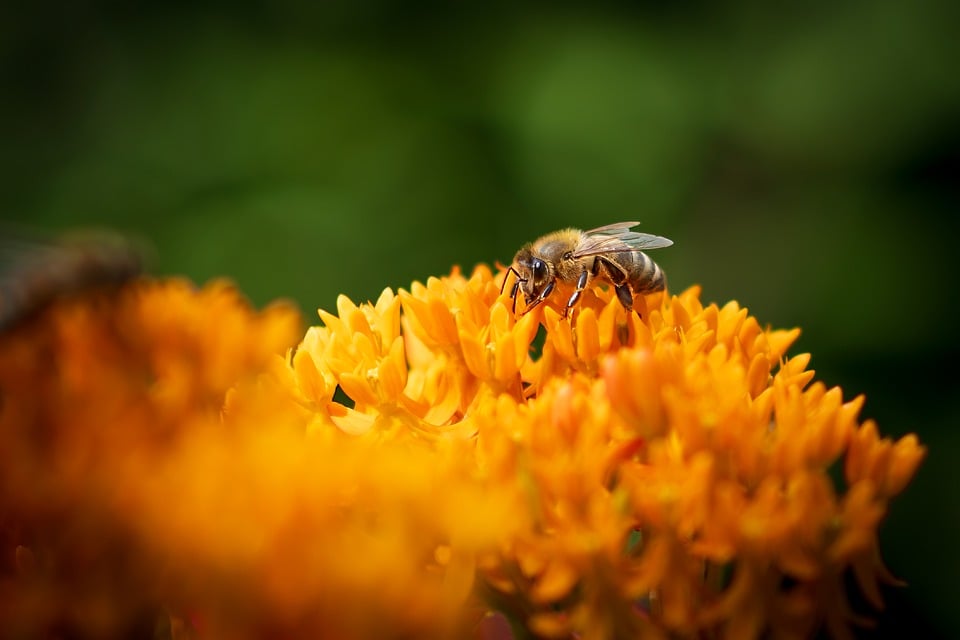[ad_1]
Black cats have long been associated with mystery, magic, and superstition. While these beliefs may seem like ancient folklore, the reality is that black cats make wonderful companions for those willing to provide proper care and attention. In this comprehensive guide, we will explore the best practices for caring for your black cat to ensure their happiness and health.
Historical Context of Black Cats
Throughout history, black cats have been both revered and reviled. In ancient Egypt, cats were worshipped as sacred creatures, with black cats being particularly revered for their association with the goddess Bastet. However, during the Middle Ages in Europe, black cats were often seen as manifestations of the devil and were persecuted alongside supposed witches.
Fortunately, attitudes towards black cats have evolved over time, and they are now widely cherished as beloved pets in many cultures around the world. Despite this, there are still some lingering superstitions that surround black cats, such as the belief that they bring bad luck. As responsible pet owners, it is important to educate ourselves and others about the true nature of these beautiful animals.
The Current State of Black Cat Ownership
Currently, black cats are among the most common color variations found in shelters and rescue organizations. Unfortunately, they are often overlooked for adoption due to lingering superstitions or misconceptions about their personalities. As a result, black cats are more likely to spend longer periods in shelters compared to cats with other coat colors.
It is essential for prospective cat owners to look beyond superstitions and consider the individual personality of each cat. Black cats can be just as loving, playful, and affectionate as cats of any other color. By giving a black cat a chance, you may find yourself with a loyal and devoted companion for life.
Tips for Caring for Your Black Cat
1. Proper Nutrition
- Feed your black cat a balanced diet that is appropriate for their age, weight, and activity level.
- Provide fresh water at all times to keep your cat hydrated.
- Avoid feeding your cat table scraps or foods that are toxic to cats, such as chocolate, onions, and garlic.
2. Regular Veterinary Care
- Schedule annual check-ups with your veterinarian to ensure your black cat is in good health.
- Keep up-to-date on vaccinations and preventative care, such as flea and tick prevention.
- Monitor your cat’s behavior and appetite for any signs of illness or discomfort.
3. Enrichment and Exercise
- Provide plenty of toys, scratching posts, and climbing structures to keep your black cat mentally and physically stimulated.
- Set aside time each day to play with your cat to prevent boredom and encourage bonding.
- Create a safe outdoor space or invest in a cat harness for supervised outings.
4. Grooming
- Brush your black cat’s fur regularly to prevent matting and reduce shedding.
- Trim your cat’s claws as needed to prevent overgrowth and potential injury.
- Clean your cat’s ears and teeth regularly to maintain their overall hygiene.
Conclusion
In conclusion, caring for a black cat is a rewarding experience that requires dedication, patience, and love. By understanding the historical context of black cats, challenging misconceptions, and implementing best practices for their care, you can provide a happy and healthy life for your feline companion.
Thank you for joining us on this journey to explore the world of black cat ownership. Remember, the bond you share with your black cat is a special one that transcends superstitions and stereotypes. Embrace the magic of your black cat and treasure every moment you spend together.
For further information on caring for your black cat, we recommend reaching out to your local animal shelter or veterinarian for personalized advice and resources. Happy cat parenting!
[ad_2]
